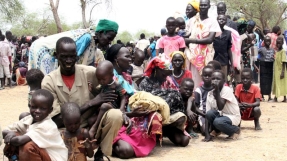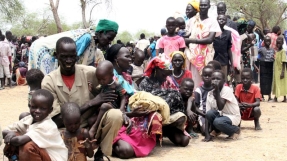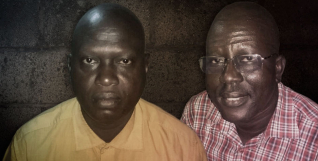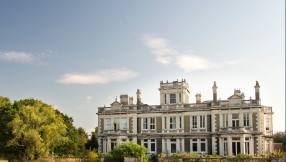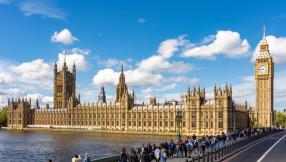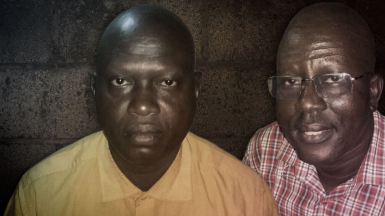
The lawyers representing the two South Sudanese pastors facing the death penalty made their closing arguments on July 23 in Khartoum before a judge who, sources said, appeared to be favouring the prosecution, according to Christian News.
A verdict is expected at a hearing on Aug. 5.
Speaking before the judge at the Khartoum Bari Court, the defence lawyers of Yat Michael and Peter Yein Reith maintained that agents of the National Intelligence and Security Services (NISS) illegally apprehended 49-year-old Michael on Dec. 14 last year and 36-year-old Reith on Jan. 11.
"Justice requires that you don't judge [arrest] simply because you doubt [suspect] them without any concrete evidence," one of the lawyers said.
Michael was arrested by authorities after he delivered a message of encouragement to a North Khartoum church amid a looming state-aided takeover of the congregation's property.
Reith was taken by security agents after he submitted a letter from the leaders of the South Sudan Presbyterian Evangelical Church which requested for information on the whereabouts of Michael.
A national intelligence agent accused the two of gathering information for a human rights group.
However, the charges, which include espionage and promotion of hatred against or among sects, were created months after their arrest.
Spying under the Sudanese Penal Code is punishable by death while inciting hatred is punishable by up to two years in jail.
"The judge in the last hearing seemed to be supporting the prosecution," said the source who asked not to be named. "The whole issue is politically motivated, and the two pastors are innocent, but the lawyers asked the judge to respect laws and the constitution and not aid NISS in violation of the Constitution."
The pastors are also accused of undermining the constitutional system—which is punishable by death—life imprisonment, and confiscation of property.
Disclosure and obtaining information and official documents is punishable by a year in prison while blasphemy or insulting religious creeds is punishable also by a year in jail or a fine or a maximum of 40 lashes.
The national intelligence agency used as evidence maps and easily accessible documents said to have been taken from the pastors' confiscated laptops.
A NISS study guide, which the pastors said was not in their computers before their arrest, was also presented as evidence.
The persecution of Christians intensified in Sudan following the secession of South Sudan in July 2011. President Omar al-Bashir is pushing for the country's adoption of a stricter version of sharia law and for the recognition of Islamic culture and the Arabic language only.
Since 2012, Sudan has kicked out foreign Christians and razed church buildings on the claim that they belonged to South Sudanese. Sudanese authorities have also been raiding Christian bookstores and arresting Christians, with some state agents even threatening to kill South Sudanese Christians who do not leave or cooperate with them in their effort to get rid of Christians.
Sudan ranked sixth on Christian support organisation Open Doors' 2015 World Watch List of 50 countries where Christians face persecution, moving up from 11th place from the previous year.












